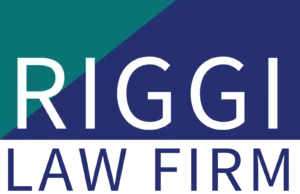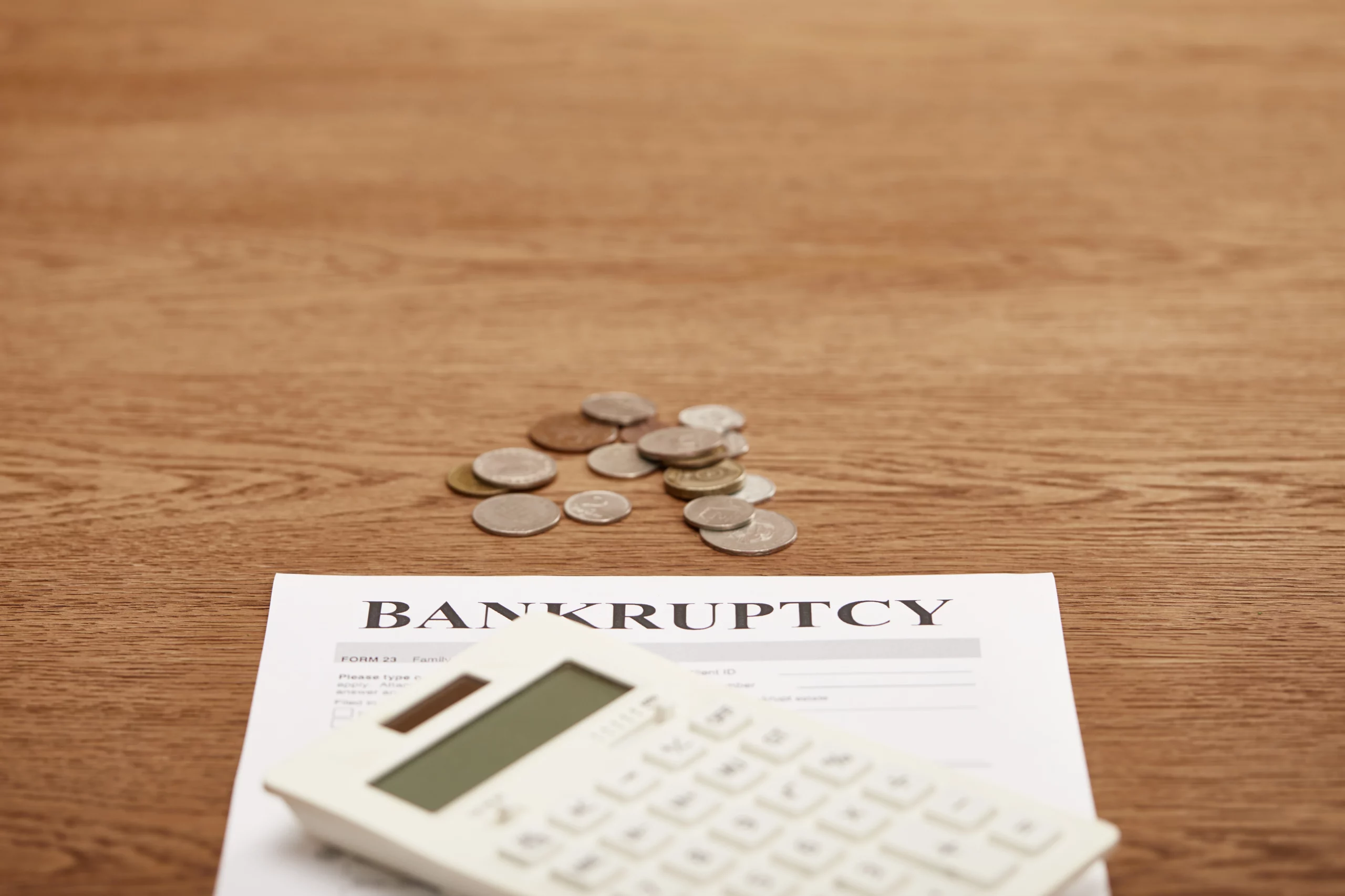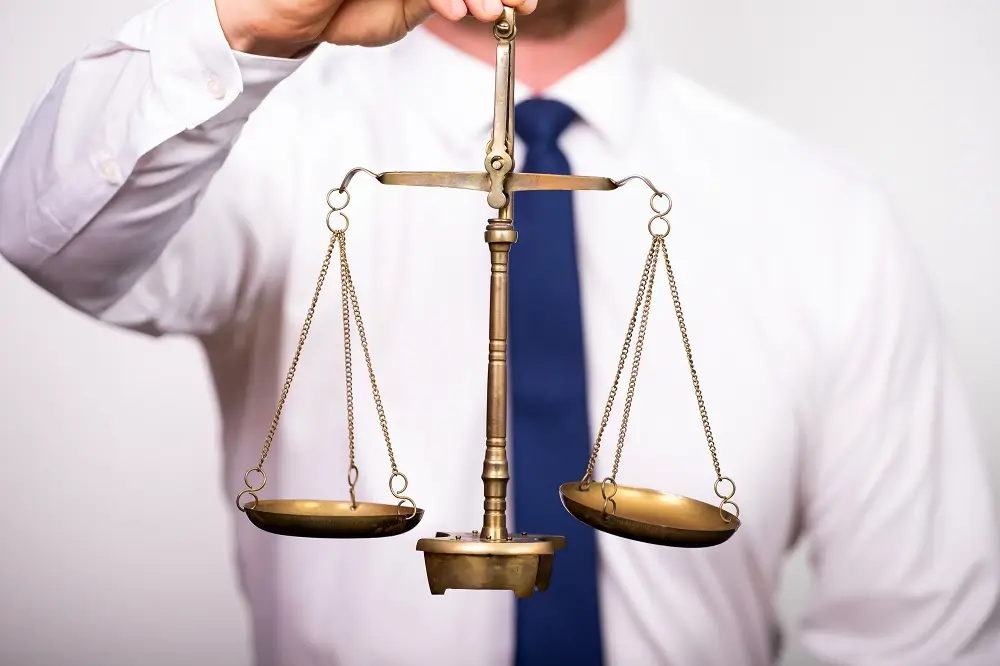Find Out Innovative Solutions to Bankruptcy Alternatives in Nevada
What are Nevada bankruptcy alternatives? This is one of the most common questions that our law firm gets every time. Bankruptcy is not an ironclad rule. There are some instances when bankruptcy alternatives are preferred. To effectively manage your debts, you have to make yourself familiar with Nevada’s bankruptcy alternatives.
In Nevada, if you’re struggling with debt, there are other options besides filing for bankruptcy. These include working with a credit counselor, combining your debts into one loan, negotiating directly with creditors to lower your payments, and making changes to your spending habits and budget.
Quick Summary:
- Struggling with debt in Nevada? There are options besides bankruptcy! Explore alternatives like credit counseling, debt settlement, or creating a budget.
- Considering Chapter 7 or Chapter 13 bankruptcy? Understand their pros and cons first. Chapter 7 offers a clean slate but requires selling some assets. Chapter 13 involves a repayment plan.
- Consolidating debts into one loan can simplify payments and potentially lower interest rates, but it’s essential to weigh the pros and cons carefully.
- Working with a nonprofit credit counselor can help create a personalized plan to manage debt effectively without resorting to bankruptcy.
- Thinking about “doing nothing?” In some cases, if you have very little income and assets, you might be “judgment proof” and creditors can’t collect from you.
Each option has its ups and downs, and the best choice depends on your financial situation. Understanding these different ways to manage debt can help Nevadans make informed decisions about their money and avoid bankruptcy. In this article, we will explore wise bankruptcy alternatives for a better financial future!
What is Bankruptcy?
If you’re overwhelmed with debt, you might be considering bankruptcy. This is a legal way to get out of paying some of what you owe. It’s helpful if you have things like credit card debt that can’t be taken from you (unsecured debt).
But there’s a catch: bankruptcy can hurt your credit score for a long time, which is up to 10 years. That can make it hard to get loans or credit cards in the future. Because of that, it’s a good idea to see if there are other ways to deal with your debt first. These might be easier and have fewer downsides.
There are two main ways to file for bankruptcy: Chapter 7 and Chapter 13.
- Chapter 7: This is like a clean slate. Your debts are wiped out, but you might have to sell some things that aren’t protected by law (like a fancy car or expensive jewelry).
- Chapter 13: This is a repayment plan. You agree to pay back your debts over three to five years.
What are Bankruptcy Alternatives in Nevada?
There are several Nevada bankruptcy alternatives for individuals struggling with debt. Here are some of them:
Get Organized
Just like cleaning your room, getting organized can help your business. Here are some tips:
- Pay back your business loans on time, especially if they’re secured by your stuff (like equipment or furniture).
- Keep your money separate from your business money.
- Make a list of everything your business owns (items) and owes (debts).
Talk to Your Creditors About Your Debt
Instead of filing for bankruptcy, you could try working out a deal with the companies you owe money to. This is called debt settlement.
- You would offer them less money than what you owe.
- If they agree, this can help you avoid bankruptcy and save money in the long run.
- But be careful! That can hurt your credit score for up to seven years.
Working out a deal with your creditors can hurt your credit score in a big way. Your score could drop by up to 200 points and this can stay on your credit report for seven years. That means it might be harder to get a loan or credit card in the future.
Also, any debt you don’t pay after the deal gets settled might count as income on your taxes. This can make things even more confusing.
Even though it can cause problems, working out a deal with your creditors might still be a good option if you don’t have many other ways to deal with your debt.
Sell Some Stuff
Selling some of your stuff can help you pay off debt. This might be a good option if you’re struggling to make payments. Here are some things you could sell that aren’t protected by law (not exempt):
- Cars
- Land
- Houses
- Extra investment properties
- Money you have saved in the bank (except for retirement accounts and some government benefits)
But selling your stuff can also cause problems. For example:
- You might not have enough money left over for everyday expenses like rent, groceries, and bills.
- You might have less money saved up for retirement.
- You might not be able to invest in things that could help you make more money in the future.
Get Help Making a Payment Plan
A credit counseling company can help you create a plan to pay off your debts with payments you can afford.
Debt Consolidation
Struggling to keep track of multiple bills? Debt consolidation might be an option to consider instead of filing for bankruptcy. It’s like taking out a bunch of small loans and putting them all together into one bigger loan with a single monthly payment. This can make things easier to manage.
There are different ways to consolidate debt, like getting a personal loan from a bank, using a credit card with a low introductory rate, or borrowing money from the equity in your home (if you own one).
One benefit of consolidation loans is that you might get a lower interest rate than you’re paying on your other debts. This can save you money in the long run. However, there can be fees for setting up the loan, and you could end up borrowing more money overall.
Also, taking out a new loan might hurt your credit score a little bit in the short term. Consolidation can be helpful, but it’s important to weigh the pros and cons before you decide.
Credit Counseling
Credit counseling is a way to get help managing your debt without going to bankruptcy court. It involves working with a specialist who isn’t trying to make a profit (nonprofit). They’ll help you create a budget and a plan to pay off your debts.
In a credit counseling session, a counselor will take a look at your income and bills. They’ll use this information to build a personalized plan to get you back on track financially. This plan will likely include ways to save money and lower your interest rates on existing debts.
The best way to find out if credit counseling can help is to meet with a counselor from a credit counseling agency. They can explain your options and help you figure out the best way to tackle your debt.
Seeking help from friends, family, or employment
Talk to friends or family and see if they can loan you some money. This might be a good option if you only need a little bit to get back on your feet.
There are all sorts of jobs you can do to earn extra cash, like driving for a ride-sharing app, delivering groceries, or working freelance. This extra money can help you pay off your debts faster.
Doing Nothing
You might not need to file for bankruptcy if you have very little money and stuff.
This is called “judgment proof.” If you’re judgment-proof, even if someone wins a lawsuit against you, they can’t take anything from you because you don’t have anything extra they can legally take. Most states protect things you need to live, like clothes, furniture, food, and money from the government for retirement, unemployment, or help with bills.
Why Do I Need a Nevada Bankruptcy Alternatives Attorney?
Choosing a lawyer to help you with debt relief or bankruptcy alternatives in Nevada is a big decision. There are a lot of lawyers out there, so how do you pick the right one? Here are some things to look for:
- Explore all possibilities: An attorney can review your financial situation and explore all available options, including debt negotiation, loan modification, debt consolidation, and bankruptcy alternatives.
- Protect your rights: They can negotiate with creditors on your behalf to get you lower interest rates and monthly payments. They can also ensure you’re treated fairly under the law throughout the process.
- Develop a personalized plan: They will work with you to create a realistic plan to manage your debt and achieve financial stability.
Choosing the right Nevada bankruptcy alternatives attorney is imperative. If your bankruptcy alternatives lawyer has the above qualities, then your financial matter is in good hands.
Call our Nevada Bankruptcy Alternatives Attorney Now!
In the realm of bankruptcy, there are several alternatives that you can choose for a better financial solution. Exploring bankruptcy alternatives in Nevada is a crucial method of managing your debts. However, going through this alone does more harm than good. So, it is highly recommended to seek help from a competent Nevada bankruptcy alternatives attorney.
Riggi Law Firm can explore all options, protect your rights, and develop a personalized plan for a brighter financial future. By choosing us, your financial situation will be handled with diligence, respect, and excellence! We will work together to achieve a brighter financial future. Get a free initial consultation now!















